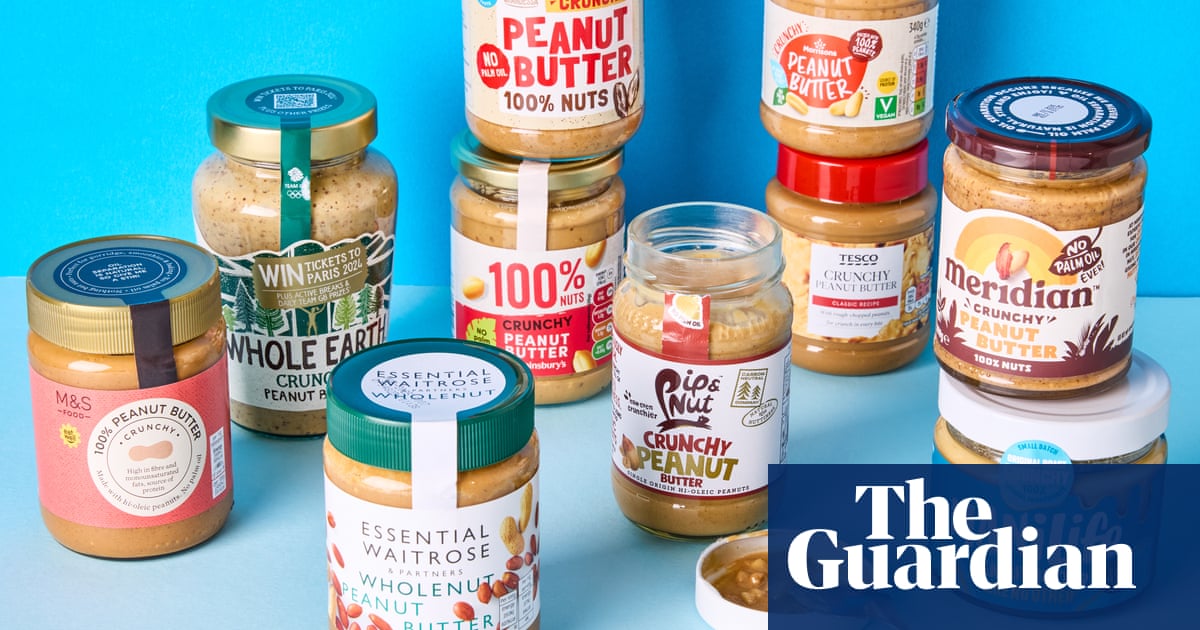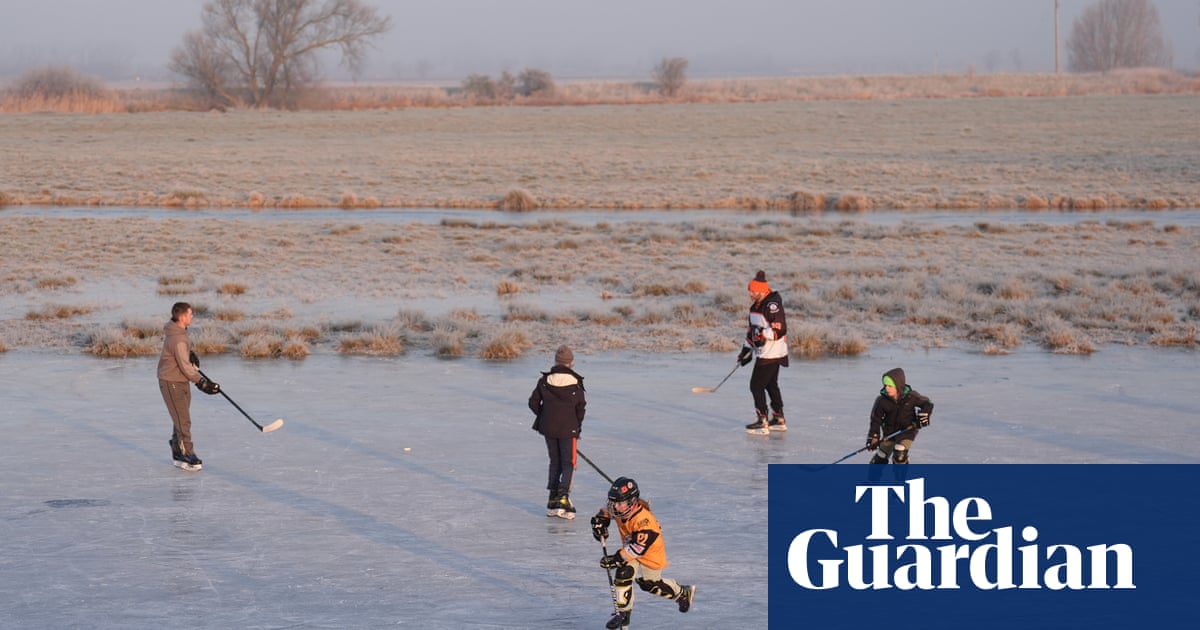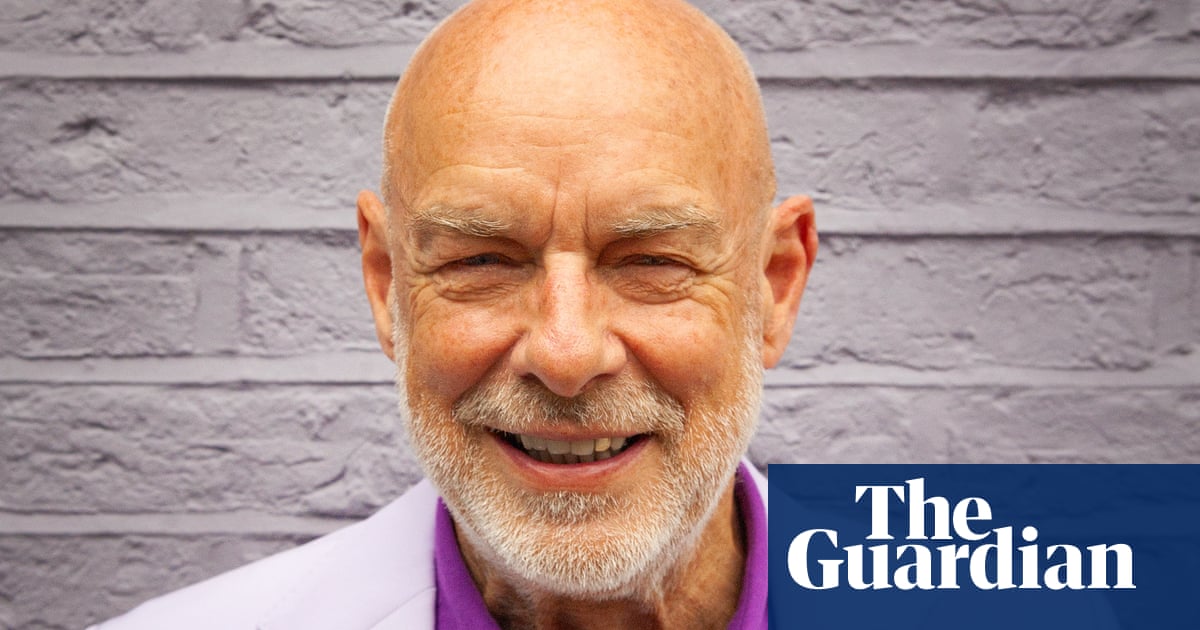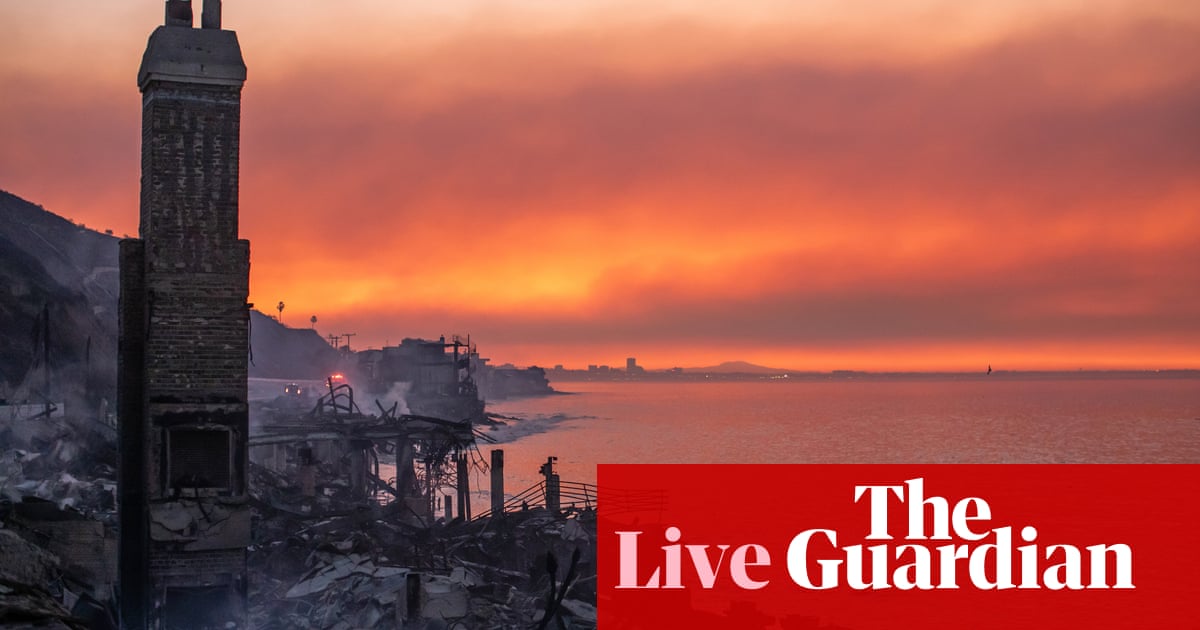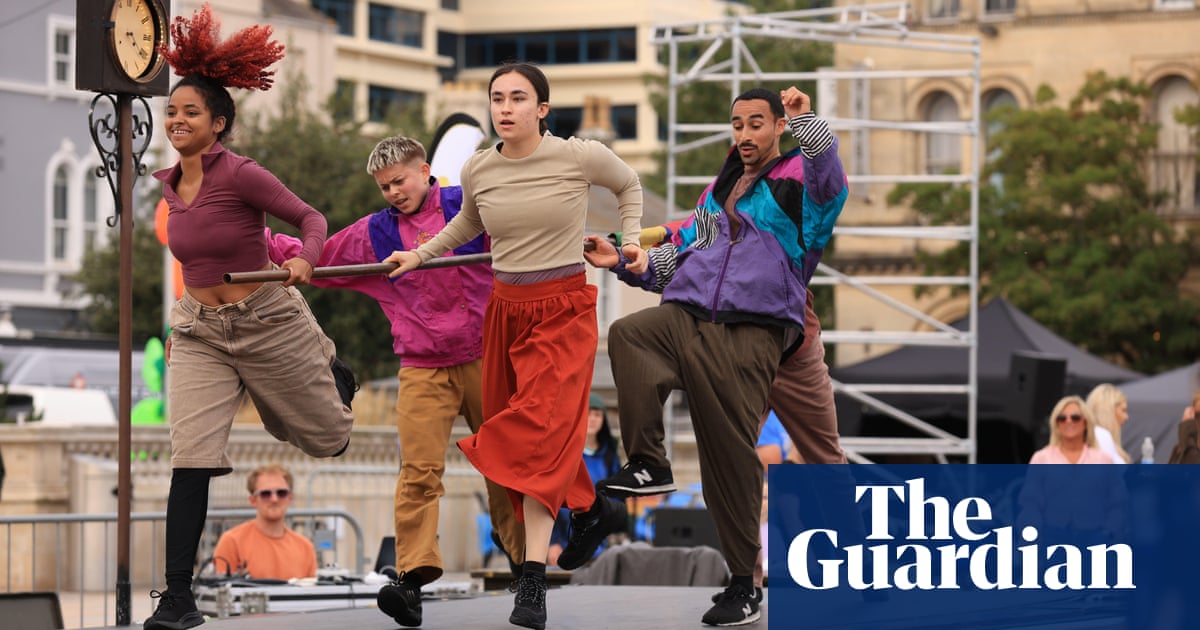Does Nadine Dorries know, in Downfall, she’s borrowing her title from a much-giffed film about the last days of Hitler? When the publishers blurb on the back that this is an “astonishing real-life political thriller”, do they mean its facts are as lurid as fiction, or are they trying to gloss the account as fiction to avert legal challenge? Why, in her anonymous, deep-throat encounters, do her sources tend to start by telling her how much they enjoyed her last book, The Plot?
This is nominally the story of Christmas 2023 to July 2024, and how the so-called “pasta plotters” tried to get rid of Rishi Sunak. There is no way on God’s Earth you would ever get that from the narrative, which doubles back on itself so often, to praise and defend Boris Johnson and castigate his enemies, that you never have any idea where you are, chronologically, or what point Dorries is trying to land. It’s like trying to map terrain by following a dog. You have to take that time period, and that subject matter, on trust from the author, and I just cannot stress strongly enough how much you shouldn’t do that.
Dorries introduces herself from her writing desk: her snack (Christmas cake and stilton); her drink (tea); her domestic idyll (offspring, grandchild nearby). It’s very like The Plot, except there she had shortbread and tea from fine china (Royal Doulton), and makes you wonder whether she has some quick keys set up (control+1 ENGLISH SNACK; control+2 ENVIABLE LIFESTYLE). She’s sold an awesome number of romance books.
Her insinuations are wild, both in a generalised way - “Some of the characters who had removed Boris Johnson and had worked very hard to destabilise and topple Liz Truss in order to impose Rishi Sunak, appeared to be living high on the hog” - and on the specifics. One of the plotters has a yacht, which is pointed out to her while she’s on holiday in Majorca. One of them eats lobster for lunch, at Christmas, on white sandy beaches, for £350. There is never, but never, enough information to stick anything on anyone. It feels like any time you can get a handle on a real event that could be verified, it’s because it’s already been printed in the Daily Mail. I think that solves the mystery of how she got all this past the lawyers, but there’s an ongoing question mark – she has “collaborate” when she means “corroborate” – over how she got it past the proofreader.
She asks one question persistently, “who pays?” and I have to be honest, I have a similar question, about the rightwing grifters who write blogs about net zero being unattainable and suchlike. Also, I kind of love how nuts she is. But the writing gets to you in the end. How does a person start three consecutive thoughts “however” without brooking the possibility that they might be contradicting themselves? “They [Tory grandees] live by the political mantra; never complain, never explain,” she writes. “A variation on the original of ‘never complain, never explain’ used by the Royal family.” How is that a variation?
As soon as she goes anywhere near territory you know anything about, it reads like insinuation passed off as an insider’s certainty, cobbled together with the generous assistance of Messrs Google and Daily Express. She says with great authority that Waheed Alli was parachuting prospective Labour MPs into plum seats, and there’s certainly a connection – Matthew Faulding, in charge of candidate selection, was seconded to Alli’s office, as reported by the Daily Telegraph. But it’s a mixed bag. Morgan McSweeney’s wife, for instance, now MP for Hamilton and Clyde Valley, looks much more like the choice of Morgan McSweeney.
Otherwise, it’s mainly long quotes that don’t sound like quotes or nonsensical claims, quickly disavowed with a chummy: “that was the Gavi speaking”. According to one source, the Tory party had to be destroyed, most likely by a foreign power, for geopolitical reasons: Boris Johnson was just too effective at “[knocking] heads together” (before his intervention, “world leaders were happy to let Putin invade Ukraine”). According to another, Chris Pincher was a stand-up guy, who only behaved like a predator because someone spiked his drink.
In one wild section, the author describes two unnamed (of course!) young people coming to her with photographic proof of sex parties in Portcullis House, the shocking sight of the erect penises said to belong to MPs she knew personally, and other unnamed (of course!) sights so horrific they couldn’t be unseen.
But if you were having a sex party, would you have it Portcullis House, which is like a Best Western without a mini bar? Would you film yourself in your office? Would you, or anyone you’d ever met, show it to Nadine Dorries?
after newsletter promotion
The Plot was very similar, and this is just how Dorries rolls, with a mix of blether and eyebrow-raising assertions. Wherever anybody does have a name in her “political thrillers”, they’re caught red-handed doing some anodyne thing that we already knew – going to a cocktail party; knowing Dominic Cummings. As much as it may make one indignant, this is how she is and she has nothing to apologise for. But HarperCollins should be ashamed.

.png) 1 month ago
11
1 month ago
11
